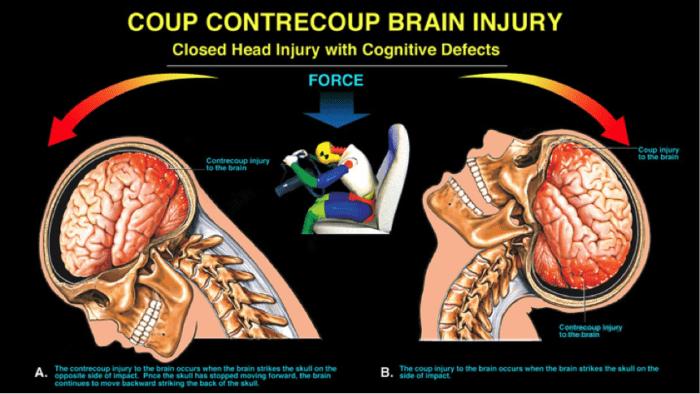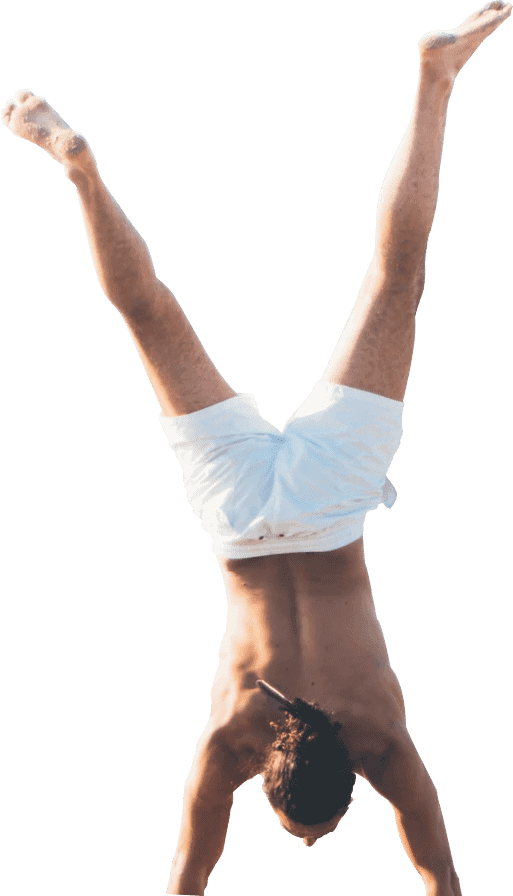By Brent Vanderloop
Physiotherapist at Life Ready Physio Midland
Every year worldwide, 42 million people suffer a concussion or mild traumatic brain injury. The number one cause is falls, number two is by car accidents and number three is a sporting injury. Sadly, many of these injuries go undiagnosed and mismanaged.
A concussion is caused by a direct blow to the head, face, neck or elsewhere on the body with an “impulsive” force transmitted to the head. A direct blow to the head is not required for a concussion to occur. The brain is a structure like that of gelatine in texture, suspended in fluid and surrounded by a hard skull. With sudden movement (for example whiplash type movement in a car accident) the brain can forcefully contact the skull and cause a concussion without a blow to the head.
Diagnosis of concussion can be very difficult. Signs and symptoms of concussion include:
- headache
- nausea
- dizziness
- poor balance
- vision problems
- difficulty concentrating
Loss of consciousness only occurs in less than 10% of concussions.

Source: http://www.sagraphics.com/coup-contrecoup-traumatic-brain-injury.html
If you suspect a concussion, it is important to rest both physically and mentally until the symptoms have resolved. No training, playing, exercise or weight training. Beware of exertion with activities of daily living. No television, extensive reading, video games. The key is to not do any tasks, whether physical or mental, that worsen your symptoms, and slowly over time increase the difficulty of tasks performed as long as your body remains asymptomatic. This often means that you need to take time of work and/or school as well.
85% of people who suffer a concussion will fully recover with appropriate rest in 10 days. This however leaves 15% of people who do not resolve with rest alone. This is then classified as post-concussion syndrome. If you have suffered a concussion and have not resolved within 10 days it is very important that you seek guidance from a medical professional with experience in managing post-concussion syndrome. Unfortunately, treating post-concussion syndrome is something that not many health professionals have experience in and is a quickly developing field of medicine.
It is also very important that you do not return to sport prior until full recovery as in some rare cases, second impact syndrome can occur which causes a cascade of serious effects and can result in death.
The brain is a very fragile structure that has serious consequences when injured. Please take care with recovery by resting and seeking proper guidance. If you have any questions or concerns please get in touch as I would be happy to assist in any way possible. You can reach me at brent@lifereadyphysio.com.au or book online.
